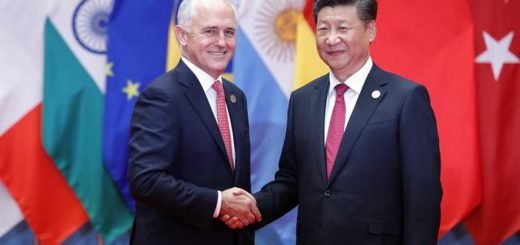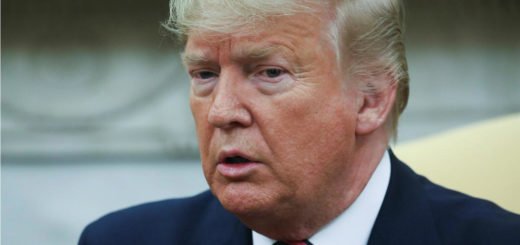Report: Iraq’s Shia militias partnering with Daesh militants
Iraqi Shia militia is absorbing former Daesh fighters into their ranks, US magazine Foreign Policy has claimed, citing interviews with several Iraqi government officials and activists.
The Popular Mobilisation Force (PMF), an exclusively Shia faction that played a significant role in the three-year war against so-called Islamic State militants, has reportedly started to join forces with some of their former opponents, in an effort to expand their influence into Sunni-majority areas previously held by Daesh.
Considered by many as an Iranian proxy, PMF militias constitute a major force, with a coalition of allied groups known as the Fatah Alliance, securing 48 seats in the 320-seat Iraqi parliament earlier this year. The PMF won an official recognition as a national force late 2016, coming under the command of the prime minister, who is also the supreme commander of the armed forces.
In an attempt to expand further, the PMF has looked to broaden its recruits. The Badr Organisation, one of the largest militias is believed to have recruited some 30 ex-Daesh fighters in the town of Jalula alone, while Asaib Ahl Al-Haq, one of the most extreme PMF factions has initiated 40 members from the same area, a disputed region between the Iraqi government and Kurdish forces.
For ex-Daesh militants, the opportunity to work within the PMF allows many to return to their hometowns from which they had been ousted. Many locals had also joined the so-called Islamic State for financial reasons after post-war chaos in Iraq failed to provide them with stable jobs. When Daesh was subsequently defeated, many turned to the PMF for employment, being unable to otherwise join official security forces or apply for other positions.
However, some senior members of Daesh are also believed to have entered the PMF’s ranks. According to Kurdish internal security forces, former Daesh commander Mutashar Al-Turki, who led the battle against the Peshmerga in 2014, is one such recruit.
Some PMF factions have denied the existence of former Islamic State fighters in their battalions, with others admitting that whilst some had joined, they were dismissed after their links to Daesh became known. However other groups admitted that militants had been absorbed and changed their allegiances, with one citing Mutashar Al-Turki as an example of a “good man” who was now charged with securing the town of Tawuq against other militants.
However, the alliance between former Daesh fighters and PMF groups presents numerous security problems for the Iraqi government in regards to monitoring former members and ensuring they pose no future security threat.
Such recruitment is also likely to further disenfranchise the local Sunni population, who were oppressed by the rule of both so-called Islamic State fighters and Shia militias. Ongoing sectarian divisions and a lack of representation have cast a persistent shadow on Iraqi politics, with the country’s new leadership facing the challenge of fostering a more representative political climate.
The Kootneeti Middle East Monitor



















